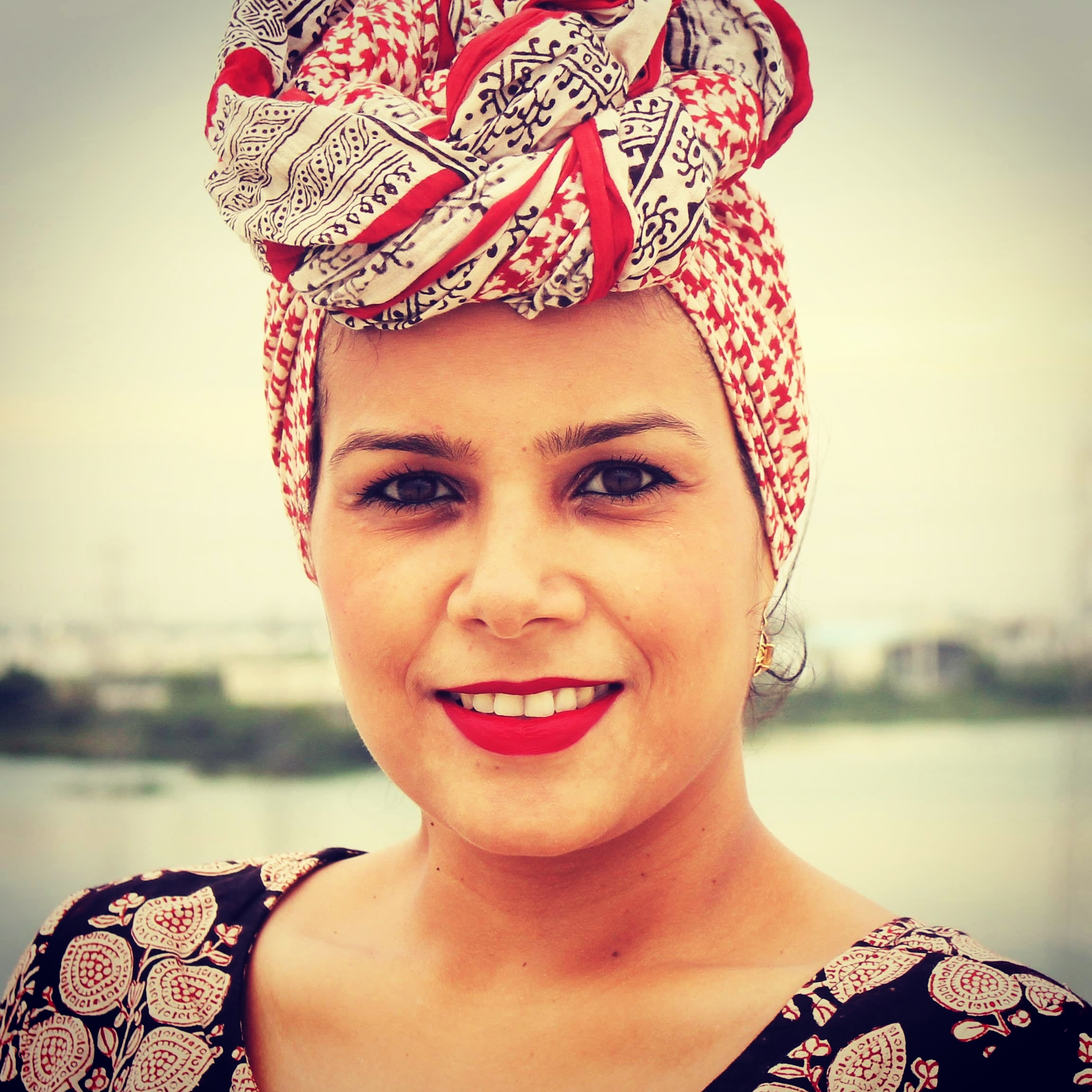Mindset Makeover
- Michelle Shyam

- Sep 29, 2025
- 3 min read
Updated: Oct 4, 2025
The biggest weight you’ll ever carry on a health journey is not on your body—it’s in your mind.
I’ve learned this over and over again as a coach. When new clients come to me, most of them don’t actually struggle because they don’t know what to eat or how to exercise. They struggle because of the way they think about their journey.
Some come in weighed down by excuses, self-doubt, and blame. Others, despite having the same challenges—busy jobs, families to care for, health issues—choose to approach it with ownership and resilience. The difference between the two? Mindset.

Let me share a few stories to paint this picture.
The Victim Mindset in Action
A woman I coached a few years ago always started our conversations the same way:
“I can’t lose weight because my metabolism is slow.”
“My family doesn’t support me, so it’s too hard.”
“I just don’t have the time like other people do.”
Every solution I offered was met with another barrier. If I suggested short workouts, she’d say she was too tired. If we planned easy, healthy meals, she’d say her family wouldn’t eat them. It was like she had built a wall of reasons why she couldn’t succeed—and she lived behind that wall. That’s what the victim mindset does. It convinces you that your circumstances are stronger than you are. It makes you believe that you are powerless. And when you believe that, you stop trying.
The Thriving Mindset in Action
Now, let me tell you about another client—a busy mom of two, with a demanding job. She also had every reason to say, “I don’t have time.” But instead, she said:
“I can’t do long workouts, but I can commit to 20 minutes.”
“I may not cook every meal, but I can plan two healthy ones each day.”
“Even if I fall off track this week, I’ll get back on next week.”
She didn’t wait for the perfect schedule or circumstances. She worked with what she had. And you know what? She ended up losing weight, feeling stronger, and inspiring her whole family to eat better. That’s what the thriving mindset looks like—it’s not about perfection, it’s about progress.
The Key Differences I See Every Day...
Victim: “I can’t lose weight because of my genes.”
Thriving: “I’ll work with my body and make consistent changes.”
Victim: “I don’t have time to exercise.”
Thriving: “I’ll use the time I do have—even if it’s just 15 minutes.”
Victim: “Nothing is working.”
Thriving: “I’ve started drinking more water and walking more—that’s already a win.”
Victim: “Other people make it easier for themselves; I can’t.”
Thriving: “This is harder for me, but that just means I’ll come out stronger.”
After coaching hundreds of people, I can say this with confidence: the people who succeed are not the ones with the least obstacles, but the ones who refuse to let those obstacles define them. I’ve seen single parents with two jobs lose weight and get stronger. I’ve seen women in their 50s and 60s completely transform their health when they stopped saying “it’s too late.” And I’ve seen people who once thought they “had no discipline” become consistent. The turning point is always the same: they stopped giving power to their excuses and started giving power to their choices.
If you’re reading this and find yourself slipping into the victim mindset, pause and ask yourself one question:
“What CAN I do right now with what I have?”
That single shift—from “I can’t” to “I can, even if it’s small”—is the start of everything.
Because thriving isn’t about being perfect. It’s about choosing progress, over and over again.
And trust me, when you do that? Your health, your body, and your confidence will all follow.












Comments